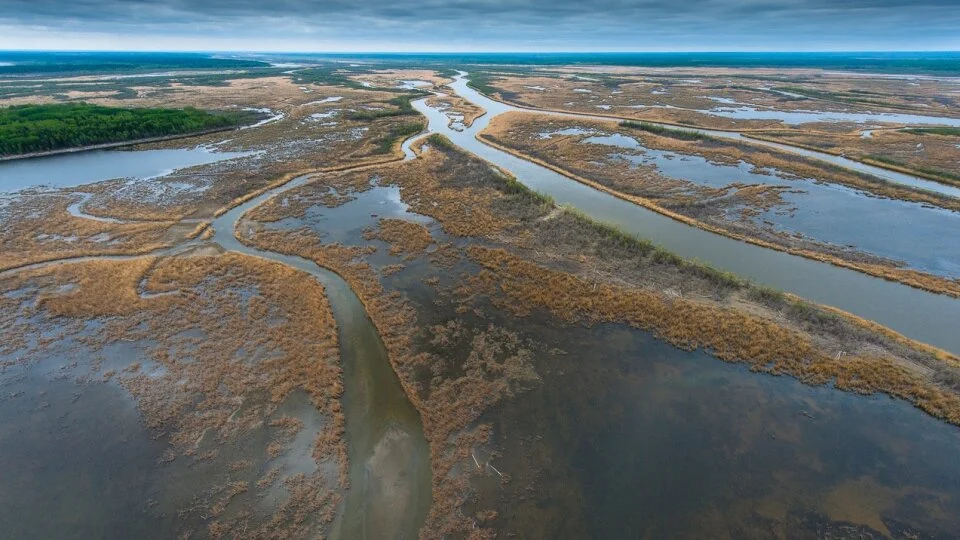As the climate continues to warm at an alarming rate, experts warn if dramatic steps to mitigate global warming are not taken, the effects in Canada’s Prairie region will be devastating to the country’s agriculture sector. According to Environment and Climate Change Canada, the country is warming, on average, about double the global rate. Scientists with the National Oceanic and Atmospheric Administration in the U.S. recently found 2020 was earth’s second-hottest year on record, with the average land and ocean surface temperature across the globe at 0.98 of a degree C above the 20th-century average. However, the agency found the northern hemisphere saw its hottest year on record, at 1.28 degrees C above the average.
World Wetlands Day focused on improving awareness, protection for Sask. ecosystems
Experts are hoping World Wetlands Day gets people interested in protecting the shrinking ecosystems in Canada’s wetlands. Wetlands, both temporary and permanent, serve as a natural filter for larger bodies of water, replenish renewable water resources and serve as a home to many species. "The wetlands do all these things and it's pretty easy to forget that," said Peter Leavitt, Canada Research Chair. Jeff Olson, managing director at Citizens Environmental Alliance, said it is important to remember all the good these areas do, but to also mourn the ones we have lost.
Can Wall Street help us find the true price of water?
Despite the apparent abundance of water in Canada, she said, low prices mean the best-quality water in many regions — such as Southern Ontario groundwater — is in increasingly short supply and is being overused. Roy Brouwer, executive director of the Water Institute at the University of Waterloo, said that when he came to Canada from the Netherlands five years ago, he was surprised by the low price and wasteful misuse of water in this country.




